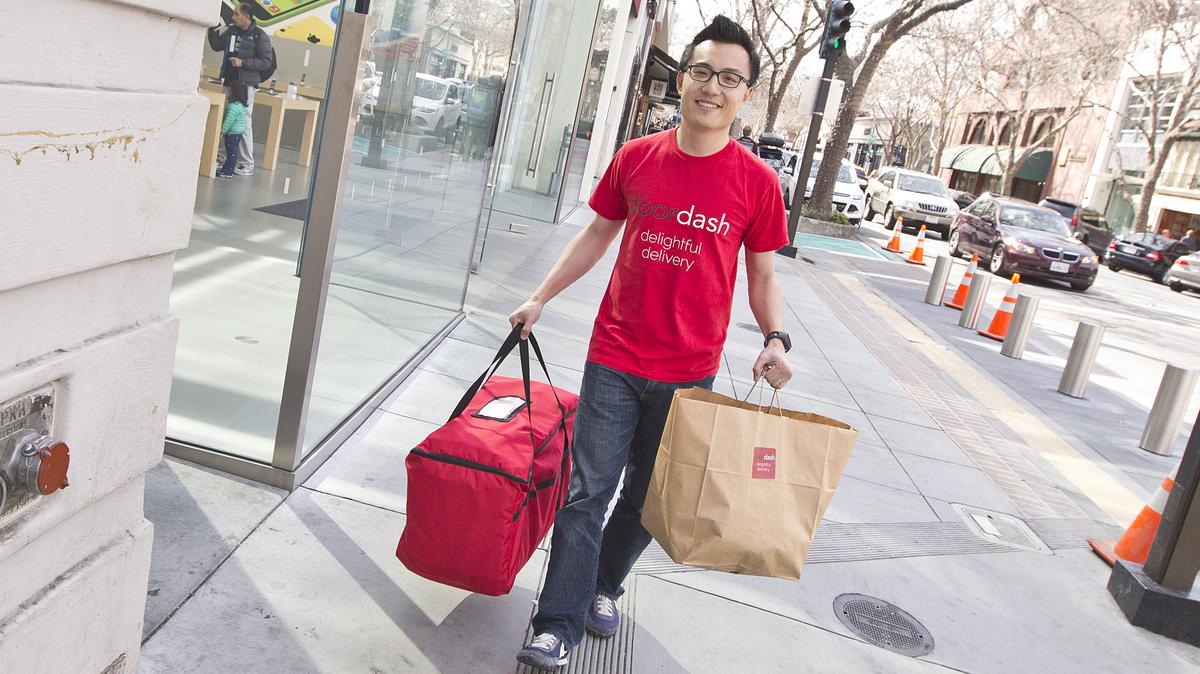
I was born in Seattle and raised in the Pacific Northwest, so I come by my coffee snobbery honestly. I have had my share of bad coffee, from church basements to hospital waiting rooms, but given the chance, I’ll try to find the best local coffee shop around.
I do not hate the ubiquitous Starbucks. They are adequate in a pinch, even if their dark roasts are burned and their dry cappuccinos are soggy. I do fear them, however.
Starbucks has global clout, which it uses to promote cultural radicalism. In contrast, no matter how far left the folks running my local coffee shop might be, they have very little power over politics, the culture, the economy, and me. The worst they could do to me is to declare that conservatives are not welcome in their shop, and thus to cut off my supply of masterfully roasted coffee beans.
This principle also applies to the local used bookstore and similar establishments. However radical the views of their owners and employees might be, their power is constrained by a small sphere of influence. Starbucks may have started as a small local coffee shop like this, but their success has gone to their head. They somehow imagine that making good coffee enough people like grants them license to manipulate our political process. It does not.
The Rise of the Managerial Class
Behemoth corporations such as Starbucks have a great deal of power, and that power is often wielded not by the actual owners, but by the managerial class, which holds ownership power despite lacking ownership. It is a new twist on the ancient character of the bad steward.
A multitude of shareholders might technically own a corporation, but in practice, this ownership is often so diffuse as to be nonexistent — who even knows what is in his mutual funds? Control of these companies is really held by the managers who oversee day-to-day operations and who are often willing, even eager, to use this power for political and cultural ends as much as for profit market share.
Conservative intellectuals have long been concerned about the emergence of a managerial class, but the problem has intensified in recent years. For instance, the share of physicians who practice independently, or in small partnerships, has dramatically declined in the last few decades. Doctors are no longer small businessmen but are instead employees to be managed.
Furthermore, even when a business has a single dominant shareholder, as is often the case in Big Tech, the internal corporate culture may still be set by the managerial class, which is increasingly monolithic in outlook. Its leaders went to the same schools, live in the same places, consume the same entertainment and news media, and are all networked together on social media.
A consequence of this is that making money for the company is not the only way to gain status and accumulate power in corporate culture. Going woke is not always profitable, but now it will always win praise from those whose approval the managerial class craves.
Thus, big corporations are easily bullied by the cultural left, in large part because of their own internal outrage mobs. Starbucks, for instance, initially told employees they could not wear Black Lives Matter apparel because of a company dress code against political clothing, but then quickly backed down in the face of internal, as well as internet, outrage. The right causes are exempt from the dress code, and Starbucks will even give employees promotional attire for them.
The Case for Economic Federalism
Given this dynamic, it’s no surprise to see so much of big business promoting fashionable cultural leftism in the West, even while ruthlessly exploiting labor at home and overseas. Major U.S.-based corporations such as Apple, Nike, and Coca-Cola are lobbying to protect their reliance on the slave labor provided by the genocidal tyrants of the Chinese Communist Party. Even those with a taste for hypocrisy might find this mix of social justice piety and literal slavery too rich.
This hypocrisy may sometimes be less pronounced at the individual level, replaced by a double-sided Faustian bargain. True-believing activists are willing to overlook horrific wrongs (especially overseas) so long as Big Business pushes cultural radicalism in the West, and many money-loving corporate leaders are happy to mouth social justice slogans and make some donations as the price of indulgences for their sins.
In either case, economic power is being used to enforce a new cultural and political hierarchy. It is often not the owners of the businesses doing this, but the managerial class, who are, in theory at least, only stewards of other people’s wealth.
Those on the right, such as Kevin Williamson, who sneer at boosters of small businesses, ignore these power dynamics. Perhaps it would help them to think of flourishing small businesses as a sort of economic federalism that prevents the further concentration of economic power. Just as we balance our government because concentrated power encourages tyranny, the power of big business should be balanced by a multitude of small and medium enterprises.
American conservatives should not be cheering for concentrating power in the hands of a few. In particular, they should oppose placing it in the hands of the managerial class, who are often far removed from that which they oversee. Better to work for the stereotypical rich owner with a mansion on the edge of his factory town than for mid-level managers in Manhattan — the former might see workers as people, but the latter just sees numbers on a spreadsheet.
This culturally radical but economically neoliberal managerial class is the dominant force in the Democratic Party, which is increasingly comfortable identifying as the party of money. One need not look far to find self-congratulatory commentary from leftists praising themselves as the educated, productive class in society. Reality is more complicated, but it is noteworthy that Democrats want to be the party of the elite rather than of the little guy.
This gives conservatives an opportunity to rediscover our natural identity as defenders of localism. We should champion an ethos that sees small as beautiful — and that recognizes that small makes for better coffee.









